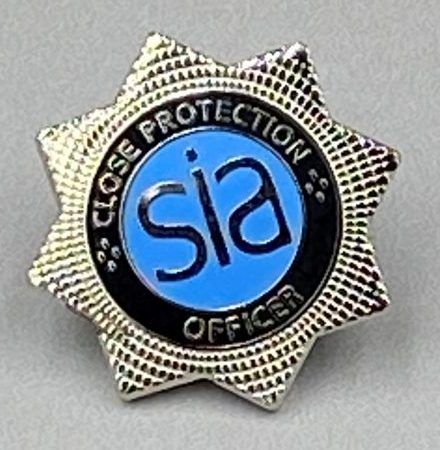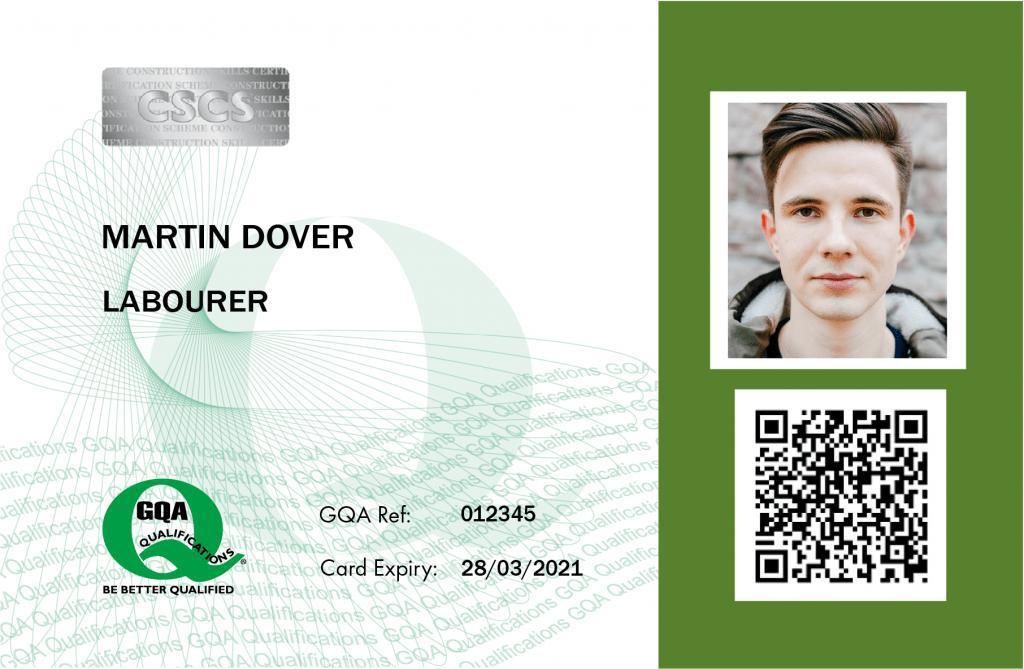
Crisis Simulation and Tabletop Exercises
Course ID: 2510200101111ESH
Course Dates : 20/10/25 Course Duration : 5 Studying Day/s Course Location: London, UK
Language: Bilingual
Course Category: Professional and CPD Training Programs
Course Subcategories: Operations and Process Excellence
Course Certified By: ESHub CPD & LondonUni - Executive Management Training
* Professional Training and CPD Programs
Leading to:
Executive Diploma Certificate
Leading to:
Executive Mini Masters Certificate
Leading to
Executive Masters Certificate
Certification Will Be Issued From :
From London, United Kingdom
Course Fees: £5,120.30
Vat Not Included in the price. VAT may vary depending on the country where the course or workshop is held.
Click to Pay
Date has passed please contact us Sales@e-s-hub.com
Course Information
Introduction
In an era marked by increasing complexity and unpredictability, organizations face a myriad of potential crises that can disrupt operations, damage reputations, and even threaten their survival. From natural disasters to cyberattacks, pandemics to supply chain disruptions, the ability to respond effectively to such events is no longer optional—it is imperative. Crisis management has evolved from a reactive function to a strategic necessity, requiring proactive planning, robust communication, and coordinated execution. This course on Crisis Simulation and Tabletop Exercises equips participants with the tools, frameworks, and hands-on experience needed to navigate these challenges with confidence and precision.
The importance of crisis preparedness cannot be overstated. According to research by PwC, companies that invest in crisis management and simulation exercises recover faster and experience less financial impact during emergencies. Yet, many organizations struggle with gaps in their readiness efforts. A common issue is the lack of realistic practice scenarios, which limits the effectiveness of response plans. For instance, during the 2010 Deepwater Horizon oil spill, BP faced criticism for its inadequate crisis response protocols, which were not adequately tested through simulations. This highlights the critical need for structured, immersive training programs like the one offered here.
Participants will explore established theories and frameworks, such as the Crisis Leadership Model developed by Dr. Kathleen Sutcliffe and the Incident Command System (ICS), which provide foundational insights into effective crisis management. These models emphasize the importance of clear roles, adaptive decision-making, and continuous learning. By integrating these concepts into practical exercises, this course bridges the gap between theory and application, ensuring that participants gain actionable skills they can immediately implement in their professional environments.
Real-world examples further underscore the value of mastering crisis simulation techniques. Consider the case of Johnson & Johnson’s handling of the Tylenol tampering crisis in 1982. The company’s swift and transparent response, guided by rigorous internal drills, not only mitigated reputational harm but also set a benchmark for corporate crisis management. Similarly, hospitals conducting regular pandemic tabletop exercises were better positioned to manage patient surges during the COVID-19 outbreak. These instances demonstrate how well-prepared organizations can turn adversity into opportunity.
For individuals, attending this course offers a competitive edge by enhancing leadership capabilities, improving problem-solving skills, and fostering resilience under pressure. Organizations benefit equally, as employees trained in crisis simulation contribute to reduced downtime, improved stakeholder trust, and enhanced regulatory compliance. Moreover, the collaborative nature of tabletop exercises fosters team cohesion and cross-functional alignment, creating a culture of preparedness that permeates throughout the organization.
Ultimately, this course is designed to empower professionals to anticipate, prepare for, and respond to crises with agility and confidence. By combining cutting-edge methodologies with practical, scenario-based learning, it addresses the pressing demands of modern workplaces while aligning with industry best practices. Whether you are new to crisis management or seeking to refine your expertise, this program promises transformative growth and tangible outcomes.
Objectives
By attending this course, participants will be able to:
Analyze the key components of a comprehensive crisis management plan using established frameworks such as ICS and ISO 22301.
Design realistic crisis scenarios tailored to specific organizational risks and vulnerabilities.
Evaluate the effectiveness of communication strategies during simulated crises, incorporating feedback loops for improvement.
Implement structured debriefing sessions to identify strengths, weaknesses, and areas for improvement post-simulation.
Apply ethical decision-making principles when navigating complex moral dilemmas in high-pressure situations.
Synthesize lessons learned from past crises and tabletop exercises to update and strengthen existing emergency protocols.
Lead multidisciplinary teams through dynamic crisis simulations, fostering collaboration and accountability.
Who Should Attend?
This course is ideal for:
Risk managers, emergency planners, and business continuity professionals tasked with safeguarding organizational assets.
HR managers and team leaders responsible for employee safety and welfare during crises.
Consultants and advisors specializing in organizational resilience and disaster recovery.
Public sector officials involved in municipal or national emergency response initiatives.
Educators and trainers seeking to incorporate crisis simulation methodologies into their curricula.
These groups will find the course valuable because it provides both theoretical grounding and practical tools to enhance their crisis preparedness efforts. While prior experience in crisis management is beneficial, the course is structured to accommodate beginners and intermediate learners, offering foundational knowledge alongside advanced applications.
Training Method
• Pre-assessment
• Live group instruction
• Use of real-world examples, case studies and exercises
• Interactive participation and discussion
• Power point presentation, LCD and flip chart
• Group activities and tests
• Each participant receives a 7” Tablet containing a copy of the presentation, slides and handouts
• Post-assessment
Program Support
This program is supported by:
* Interactive discussions
* Role-play
* Case studies and highlight the techniques available to the participants.
Daily Agenda
Daily Schedule (Monday to Friday)
- 09:00 AM – 10:30 AM Technical Session 1
- 10:30 AM – 12:00 PM Technical Session 2
- 12:00 PM – 01:00 PM Technical Session 3
- 01:00 PM – 02:00 PM Lunch Break (If Applicable)
- Participants are expected to engage in guided self-study, reading, or personal reflection on the day’s content. This contributes toward the CPD accreditation and deepens conceptual understanding.
- 02:00 PM – 04:00 PM Self-Study & Reflection
Please Note:
- All training sessions are conducted from Monday to Friday, following the standard working week observed in the United Kingdom and European Union. Saturday and Sunday are official weekends and are not counted as part of the course duration.
- Coffee and refreshments are available on a floating basis throughout the morning. Participants may help themselves at their convenience to ensure an uninterrupted learning experience Provided if applicable and subject to course delivery arrangements.
- Lunch Provided if applicable and subject to course delivery arrangements.
Course Outlines
Foundations of Crisis Management
Overview of crisis types and their impacts on organizations
Introduction to key frameworks: ICS, ISO 22301, and Crisis Leadership Model
Identifying organizational risks and vulnerabilities
Developing a crisis management policy framework
Day 2:
Designing Effective Simulations
Principles of scenario development and realism enhancement
Mapping out roles, responsibilities, and communication channels
Incorporating technology and digital tools in simulations
Ethical considerations in crisis decision-making
Day 3:
Conducting Tabletop Exercises
Step-by-step guide to facilitating a tabletop exercise
Techniques for engaging participants and maintaining focus
Monitoring performance metrics during simulations
Managing unexpected challenges and deviations
Day 4:
Post-Simulation Analysis and Improvement
Structured debriefing methods and feedback collection
Root cause analysis of identified gaps and failures
Updating crisis plans based on lessons learned
Communicating findings to senior leadership and stakeholders
Day 5:
Advanced Applications and Future Trends
Integrating AI and predictive analytics in crisis simulations
Building a culture of resilience and continuous improvement
Legal and regulatory compliance in crisis management
Emerging trends in global risk landscapes



















































